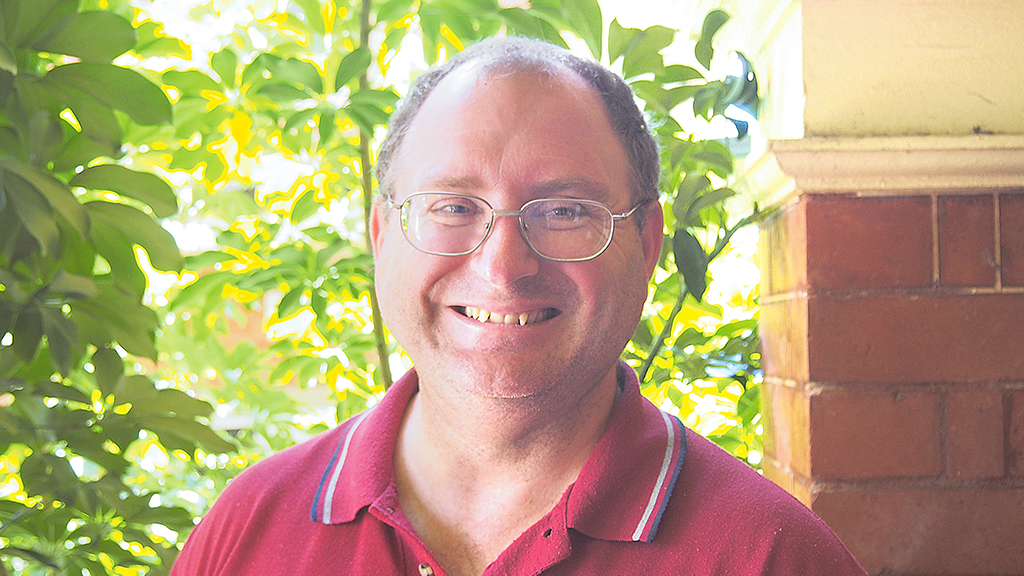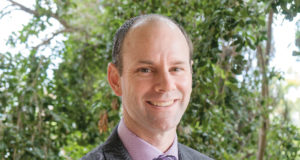It may have been a common phrase in days gone by but talk of “converting the heathen” is now loaded with problematic connotations in a world scarred by western cultural hegemony and interfaith insensitivity. Who is left to convert today and should we be active in that mission? Duncan Barlow, pastor at Toowong Uniting Church who served in Indonesia for several years, offers his perspective.
There are a number of reasons why it is unwise to talk about “converting the heathen”. To start with, the word “converting” often carries the concept of changing someone’s religion.
It is not our job to change other people’s religion. That is the responsibility of the Holy Spirit. Next, while “heathen” used to mean someone who did not adhere to a major religion, it can also suggest the idea of a person regarded as lacking culture or moral principles and thus carries with it the sense that such people are “backwards” compared to “us”.
More significantly is the broader issue of what changes are Christians seeking to see in other people and cultures. It is a sad fact that Christian missionary history is littered with example after example of people who sought to “convert” natives more to Western education, languages, values, and commerce than to Christ.
The criticism of such agendas is justified as people with such a mindset often undervalued the pre-existing culture and worldview of the people to whom they went.
In contrast though, we can celebrate that there are also many examples of missionaries who went to “the heathen” with the agenda of presenting in culturally relevant ways the message of the father’s love for all people, demonstrated in the sending of the son to pay for their sins and to rescue them from the fear of evil spirits by the indwelling presence of the Holy Spirit (fear of demons is still a significant issue around the world today).
Just as missionaries in the past needed to examine their agenda, so we need to today. Do we want people to have the same morals as us? Do we want people to vote like we do? Do we want people to value the education promoted in church schools? Or, knowing that we are no more deserving of God’s love than those we share with, do we want people to hear about Jesus and be given the opportunity to trust him for themselves?
A final complicating factor is that some people want to say that it is arrogant to declare one’s own religion to be true. However, it is not arrogant to say, “Jesus said, ‘I am the way and the truth and the life. No one comes to the Father except through me.’ ” (John 14:6)
Our trust is not in ourselves but in Jesus and what he claims about himself. Jesus is worth sharing with all who don’t yet put their trust in him, but we don’t need to label them “heathen” and we can leave the converting up to God.
 JourneyOnline
JourneyOnline






